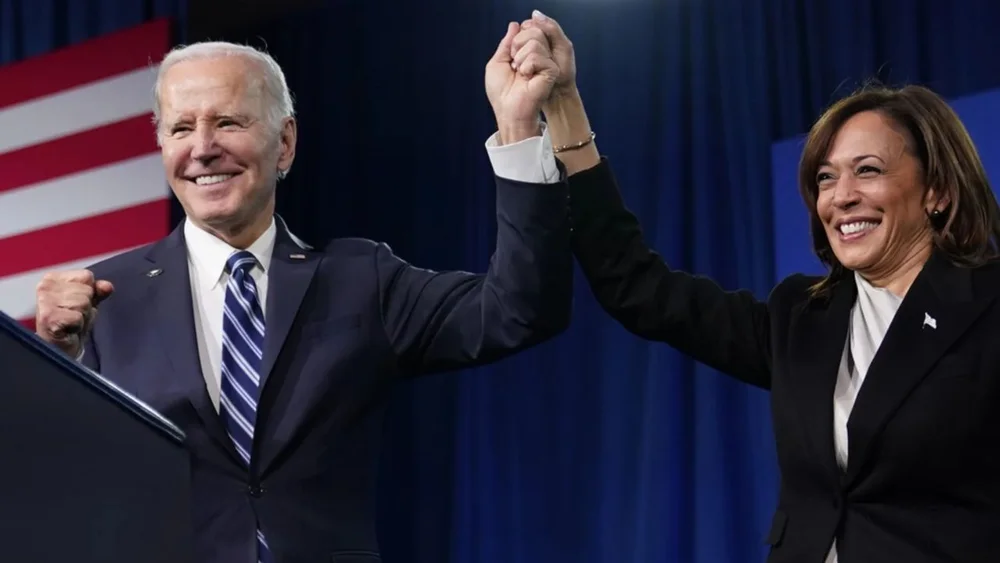
- The US DOE has provided $9 million to invest in clean energy and food sovereignty projects at tribal colleges.
- $4.1m for the TCU Energy and Food Sovereignty Nexus Prize
- $5 million to help tribal colleges make a clean energy transition on their campuses
- Teams that are victorious in this competition can win up to $250,000.
The DOE has made an investment of $9 million for its clean energy projects at the tribal colleges and universities. Funding will be channeled into the two broad areas: one, a competition fostering tribal food sovereignty; the other, a fund focused on the transition of TCU campuses to renewable energy, with projects geared toward empowerment of the Native American communities and the next generation in preparation for a sustainable future.
Also read: Texas Solar Projects to Power Google’s Data Centers
The US DOE’s Office of Indian Energy Policy and Programs announced a total of more than $9 million in funding to improve clean energy solutions and food sovereignty at tribal colleges and universities. It aligns with the general government goal of strengthening the indigenous communities in their transformation journey towards much greener energy sources.
Part of overall grants, it will use $4.1 million to support the TCU Energy and Food Sovereignty Nexus Prize, a competition aimed at inspiring student-led teams from the 35 U.S.-based tribal colleges to foster innovative projects both in clean energy and food sovereignty. Such projects may take forms such as solar-powered greenhouses or geothermal climate control systems and even solar systems that provide shade for crops and livestock.
In the first round of the competition, up to 30 teams will be awarded up to $40,000, while the winning final team will be granted $250,000 to implement its solution. Benefits of these efforts are expected to last for years-from increased access to quality food to reduced reliance on sources of external energy.
Also read: Biden-Harris Administration Expands Clean Energy Investment to Rural America
The DOE also invested $5 million to help tribal colleges switch their campuses to renewable energy sources. This money will help school districts plan and implement project initiatives to move away from expensive and unreliable power grids toward reliable, local sources like solar and wind.
It will not only minimize pollution but also ensure communities’ protection against extreme weather conditions through a stable and secure source of energy. Such clean energy technologies as solar and wind power are more stable and cause lesser adverse effects to the environment in terms of generation of power.
We are instrumental in developing future Native American and Alaska Native leaders, and it’s critical to the country that we make this investment,” said Wahleah Johns, director of the Office of Indian Energy. “With these investments, we are supporting TCUs as they transition to clean energy and lay a foundation for the next generation to shape the clean energy future of Indian Country,” she said.
The DOE is equipping tribal communities with some essential tools for securing long-term food and energy independence- key factors in economic stability and sustainability-by empowering students with hands-on opportunities to develop clean energy projects.
A $9 million investment by the DOE in tribal colleges related to clean energy and food sovereignty has the potential to take Native American communities into a long-term sustainable future. While these initiatives bring immediate, short-term benefits, they also contribute toward constructing a foundation for a cleaner and more resilient energy system for generations to come.






